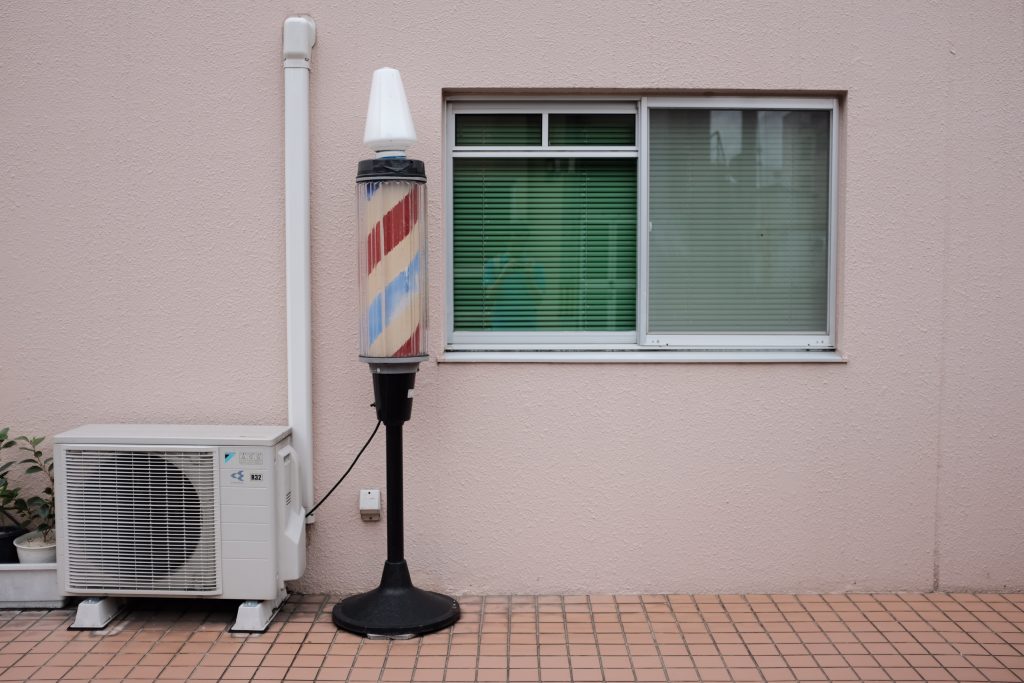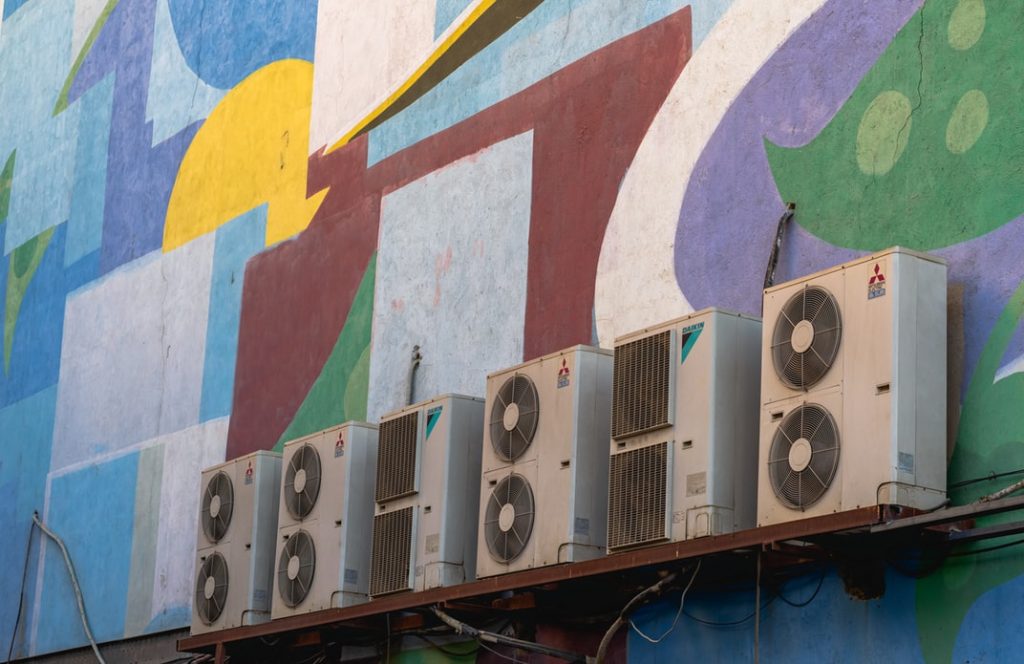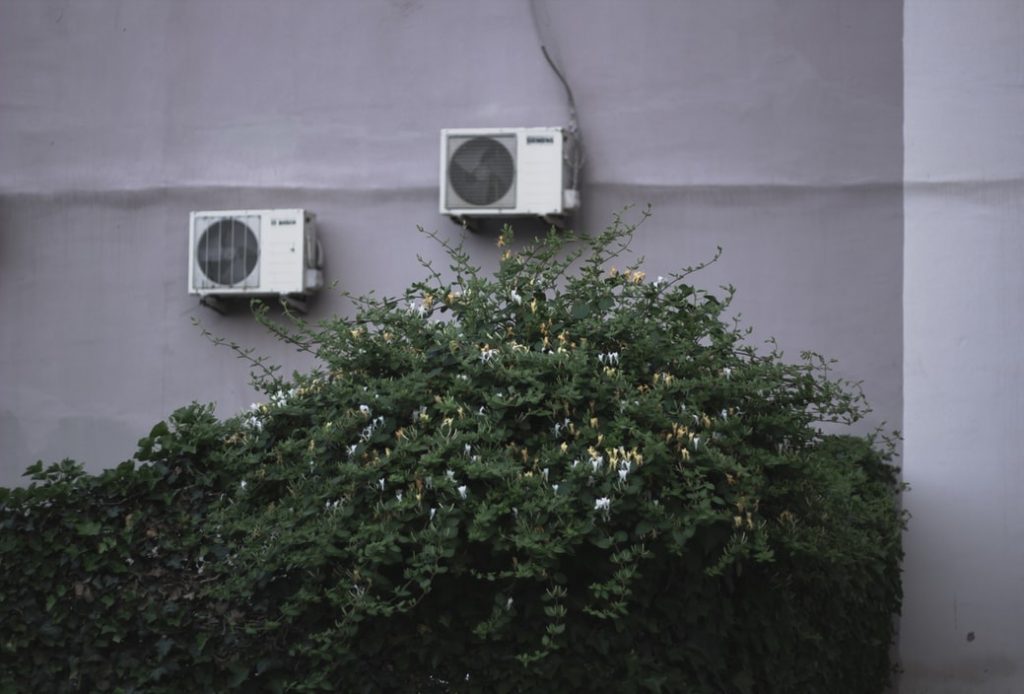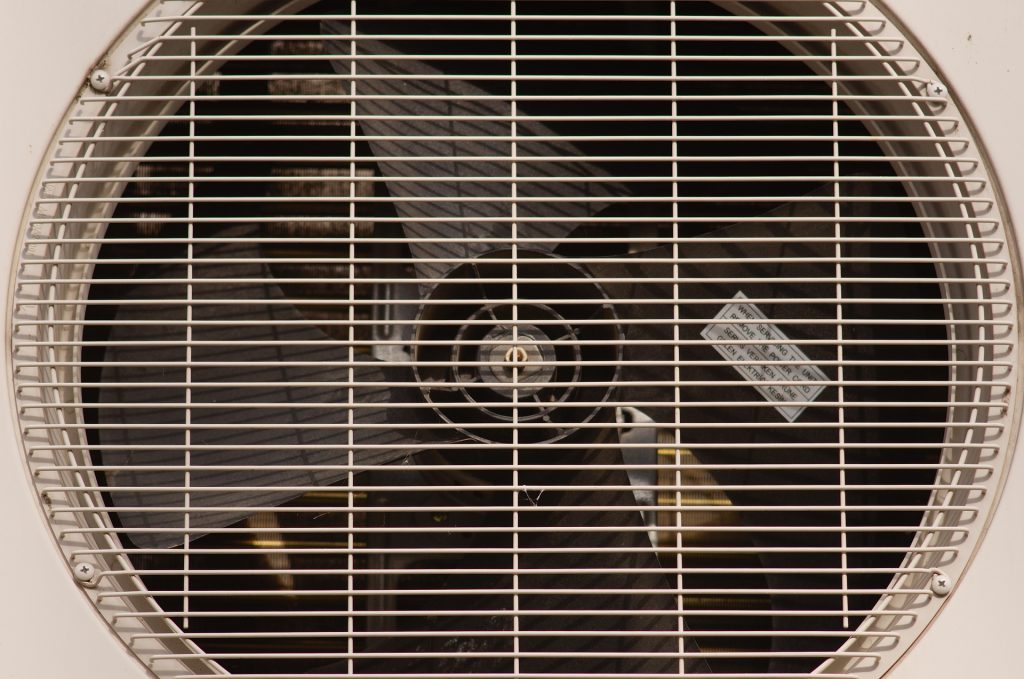There are a lot of factors that determine whether or not you should get one of these appliances for the summer.
You might have control over some of these factors (like cost), but others might not be easy to overcome, especially if you’re renting a house or apartment.
We’ll give you a detailed breakdown of each of these air conditioning units and help you choose the best one for your home and, of course, your wallet.
After all, money is a scarce resource and no one wants to spend more than he/she has to.
The two Main Factors to Consider When Buying an Air Conditioner
When choosing between a window unit or a central air conditioner, it all comes down to the two main factors: cost and efficiency.
Cost
What is the average electric bill in Arizona, including the cost of running air conditioners in Phoenix, for example, and other monthly electricity bills? When choosing the best unit for your home, go for a unit that will not be so hard on your pocket in the long run.
Buying and maintaining several window units (more than 5) will be more expensive than buying and maintaining a central air conditioner.
Efficiency
This refers to how well an air conditioner performs its duty. This includes things like the air conditioner’s size and how well it can maintain favorable room temperatures.
Also, your air conditioner needs to perform at its peak condition without consuming a lot of energy.
The bigger the room, the more powerful the air conditioner should be.
This is especially important if you live in a hot climate; air conditioners in Phoenix, for example, run for much of the year and can rack up huge bills if inefficient.
Now, let’s get down to each of these air conditioning units.
1. The Central Air Conditioner
This is like one huge refrigerator that cools down and maintains the indoor temperatures of your entire house or building.
The main cooling agent for an air conditioner is called the refrigerant. You might have heard of Freon (R-22) and R-410A AC unit refrigerants. These chemicals can be dangerous if they leak but are actually quite safe and useful otherwise.
First, the central air conditioner absorbs the hot indoor air and passes it over coils that contain the refrigerant. The refrigerant then absorbs heat from the indoor air and cools it to favorable temperatures. The cooled air is then released back into the building or room.
One central air conditioner can maintain equilibrium temperatures in multiple rooms with the help of devices known as thermostats.
Thermostats monitor room temperatures and communicate the information to the central air conditioning system which then regulates the amount of cooled air supplied to each room.
The average cost for a Central Air Conditioner is around $5,700. It can range from $1,700 to $10,900 depending on the size of your home/building.
Pros of Central Air Conditioners
Easy Automation and Consistent Room Temperatures
As mentioned earlier, one central air conditioner can cool multiple rooms at once with the help of a network of vents and thermostats (a huge advantage over the window unit). This means that all rooms (offices or apartments) will have a constant supply of cool air throughout the year.
This is very useful in hot southern areas or places that experience hot climatic conditions for most of the year. Maintaining the optimal temperature for large buildings such as historical sites in Scottsdale requires multiple air conditioner systems and the aid of air duct controls and smart thermostats.
Plus, modern central air conditioners are automated. You don’t have to manually turn them off or on.
Supply of Healthy Indoor Air
Research shows that the air indoors typically contains 5 times more toxins than the air outside.
Central air conditioners have inbuilt filters in the ducts that automatically filter your indoor air before cooling and releasing it back into the room. Modern air conditioners even have micro-particle filters and dehumidifiers that “purify” indoor air.
Air Cooling and Heating Combo
Central air conditioners are now able to cool or heat your indoor air depending on the climatic conditions outside (killing two birds with one stone). You’ll find them useful in areas that experience cold and hot seasons.
There’s no need to buy and install an electric heater when you have one of these. You’ll save a lot of money that would have been used in buying and maintaining an extra unit.
Cons of Central Air Conditioners
It wouldn’t be a fair comparison if we didn’t include some of the crucial drawbacks that come with purchasing and installing one of these units.
High Upfront Costs
This is the main reason people shy away from central air conditioners.
Central air conditioners require larger investments than window units. You’ll have to think hard and weigh your options before you reach out for one of these.
The difference in the cost of window air conditioners vs central air conditioners is felt right from the purchasing price.
A standard high-quality central air conditioner is priced at around $1,500 but can cost as much as $10,000.
A window unit comes in at a way cheaper price of around $300-$1,500 with monthly running costs of about $30-$80 depending on its usage.
However, if you’re planning to cool more than 5 rooms, then one central air conditioner will be cheaper in the long run. The cost of 5 window units is more than enough to pay the down payment of a central ac unit.
Remember that one central air conditioner is more efficient than several window units.
Installation Difficulties
You need to have a very solid budget to be able to renovate and install vents in your house.
According to HomeAdvisor, the national average cost for home air duct installation is $1,137, but it can rocket up to $5,000.
You’ll also have to take responsibility for cleaning your air ducts at least once or twice a year to avoid dirt and allergen buildup.
Also, installing a central air conditioner is out of the equation if you live in a rented apartment, simply because the owner might not have the money or be willing to install a duct network for you.
On the bright side, installing a functional duct network will boost your home’s resale value.
Window Unit Air Conditioners
Window units work on a smaller scale. One window unit can only serve one room at a time. Whether the air conditioner cools the room efficiently depends on the size ratio between the two.
Just as the name suggests, these units are installed on windows or in walls.
The average cost of a Window Unit Air Conditioner is around $295. It can range from $75 to $1,000 depending on size and brand.
Pros of Window Units
They’re Cheaper
You must have seen this coming.
Everything from the purchasing price to installation and maintenance is way cheaper with window units than central air conditioners. As we mentioned earlier, you can easily get a high-quality window unit for a few hundred dollars.
However, don’t be cheap. Remember, the price is directly proportional to the quality and size of the air conditioner.
Note: It’s important to know your room’s size before you go shopping. For higher efficiency, your room’s dimensions need to be compatible with the air conditioner’s power.
Read on How to Properly Size a Window Air Conditioner
Easy (and Cheap) Installation
It’s very easy to install a window unit. All you need is a window. You can even do it yourself without calling a professional. Just follow the manufacturer’s manual.
Ask for help when lifting and fastening the unit (It might fall off the window if you’re not careful).
Note: During installation, make sure you properly insulate the window. This will go a long way in ensuring your unit performs at its peak performance. Also, make sure it’s firmly fastened to prevent vibrational damage.
They’re Energy-Efficient
Start by making sure you purchase an Energy-Star Certified air conditioner. This means that your unit is built to maximize output with little energy input.
In addition to that, you can always manually switch off the air conditioner when you’re not in the room. This will go a long way in lowering your electricity bill.
Multipurpose (Heating and Cooling Units)
Just like central air conditioning units, modern window units are also capable of working as heaters in the cold seasons.
Cons of Window Air Conditioning Units
Of course, windowed units can only serve one room at a time. It will also be more expensive buying several units (more than 5). In such a case, you’re better off saving for a central air conditioner.
Security
This is likely to be a problem if your room or apartment is on the ground floor. Not only will some crime lords get tempted to steal your unit, but it will also leave some window space that can be used to easily break into your house.
Installation-Related Problems
Sure, it’s very easy to install one of these. However, you need to be careful. A loosely installed window unit can easily fall and break or hurt someone.
Also, you’ll lose access to the window where the unit is installed. This could be a problem if it’s the only window in the room. Here’s an article to help you choose the right HVAC services in Maricopa and the surrounding areas.
Our Verdict on Window Air Conditioners vs Central Air Conditioners
It all comes down to use and how much you’re willing to invest in your HVAC system.
For several rooms or even a whole building, it’s cheaper and more efficient to go for a central air conditioner.
For a single room, a window unit is just fine.
Frequently Asked Questions
Is it cheaper to run a window air conditioner or central air conditioner?
It depends. If you’re looking to cool your entire house, having multiple window air conditioners will use more energy than a single properly-sized central air conditioner would. Conversely, if you need to cool a single room, a window air conditioner will, of course, be the more efficient option.
Will a window unit help my AC?
Wondering whether pairing a window air conditioner with your central system will help you save money? For example, if you find yourself needing to cool just one part of your home rather than the whole thing, you might be tempted to use a window unit the majority of the time.
There’s nothing theoretically wrong with doing this under the right circumstances. However, there may be other solutions, such as engaging your thermostat’s circulation setting if it has one. Read the owner’s manual before buying a separate air conditioner to use.
Do window AC units use a lot of electricity?
A window air conditioner can use anywhere from 1/3rd to one half of the energy a central air conditioner does.
Can a window AC cool the entire house?
A single window air conditioner will not cool your entire house. Depending on your home’s configuration, you may be able to place a couple of units around your home to achieve full-house cooling. At a certain point, this becomes inefficient to the alternative of using a single central air unit, however. Contact your local HVAC expert and have them do a comparison for you based on estimated energy usage and your home’s layout.










